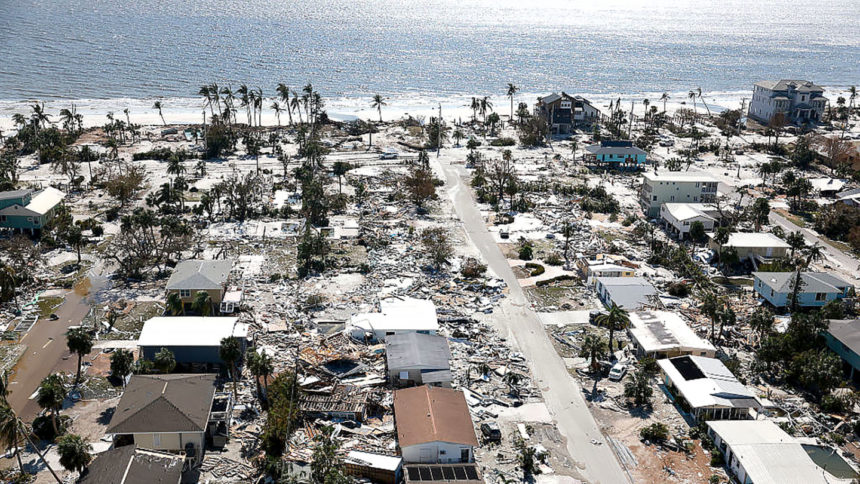
In the wake of Hurricane Ian’s devastation and the safe evacuations of thousands of long-term care residents, the Orlando Sentinel this week reported anonymous complaints about post-storm conditions in some Florida nursing homes.
Much of the focus was on limited power and air conditioning.
The facilities named by the anonymous family members insisted to the Sentinel they complied with all federal and state safety requirements.
Kristen Knapp, senior director of strategy and communications for the Florida Health Care Association, told McKnight’s Long-Term Care News the Sentinel report included assisted living facilities and facilities that aren’t members of FHCA.
“What I can tell you is all nursing homes are generated, per the Agency for Health Care Administration, and FHCA worked closely with our member facilities that lost power during the storm to check their status and the health and safety of their residents,” she said in an email.
“Based on our call-downs, the reporting into the state Health Facility Reporting System and discussions with our state agencies, those facilities that lost power were able to keep residents safe and cool due to the leadership and heroic work of their staff who responded quickly to implement their emergency power plans with their generators powering the facilities to keep conditions safe and cool. Additionally, we worked closely with our utility partners, which were primarily Florida Power & Light, Duke Energy, and TECO, who quickly responded and helped to prioritize our care centers to get their power restored.”
A 2018 Florida law mandated nursing homes have an emergency plan and a backup power source to keep temperatures at or below 81 degrees for at least 96 hours in the event of a power outage. It was a response to the heat-related-illness deaths of 12 nursing home residents during a power outage caused by Hurricane Irma at a facility that did not have a generator.
But the law states that only at least 20 square feet per resident of each facility need to be air-conditioned to the required temperature. Each facility needs to demonstrate in its emergency plan that residents have access to the air-conditioned areas and that staff monitor residents for heat-related injuries.
Amy Cameron O’Rourke, who worked for nine years as a nursing home administrator and published a book on caring for aging loved ones, said she thinks Florida’s lack of a requirement to provide air conditioning in residents’ rooms is a “valid concern.”
“Thank God the temperature was OK during this hurricane,” she told the Sentinel.
Ahead of the hurricane, 40 licensed nursing homes evacuated and transferred 3,508 residents as of Oct. 5, Agency for Health Care Administration Secretary Simone Marstiller told reporters.
“Our hearts are with our heroic caregivers who worked around the clock to keep their residents safe, which is always the top priority,” Knapp added. “They worked their plans and went above and beyond to keep residents safe. Many have been personally impacted by the storm, lost their homes and personal property or had significant damage, so FHCA has established a Hurricane Relief Fund for these long-term caregivers to support them with financial assistance.”




